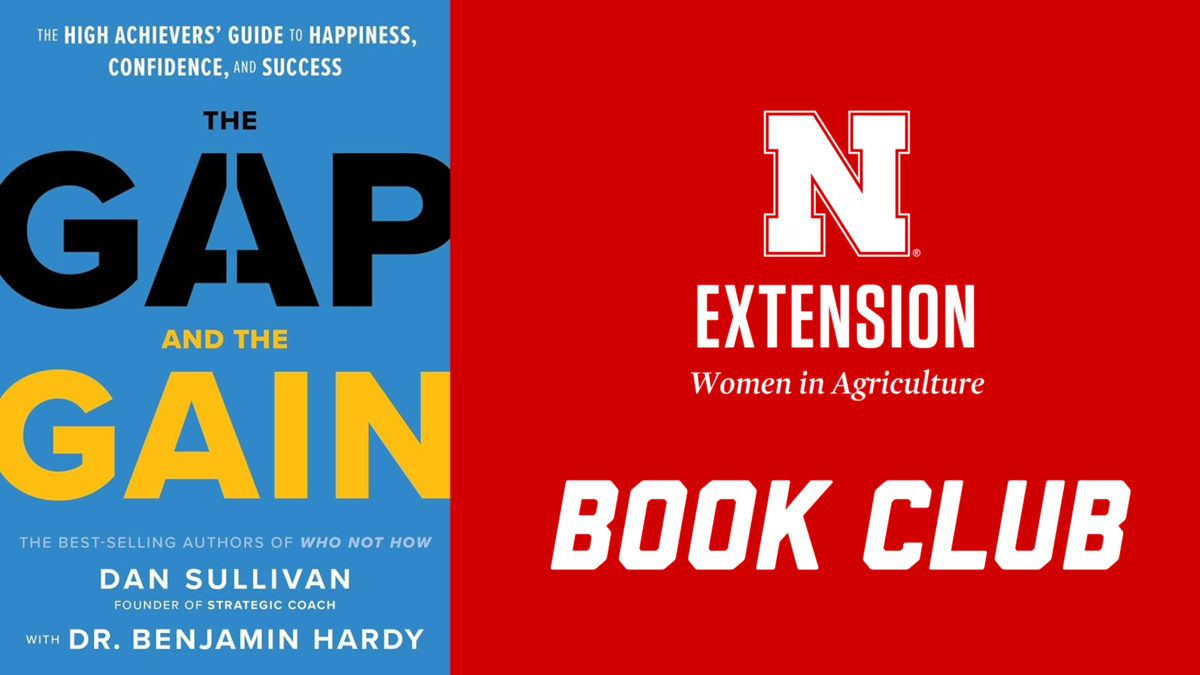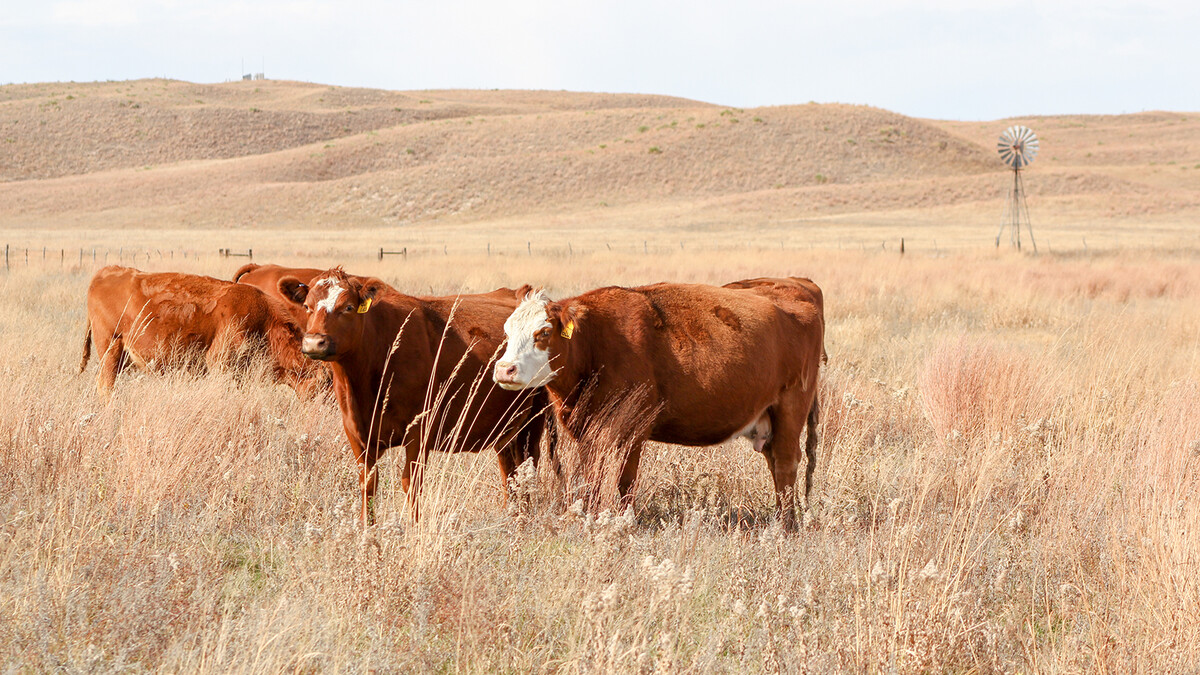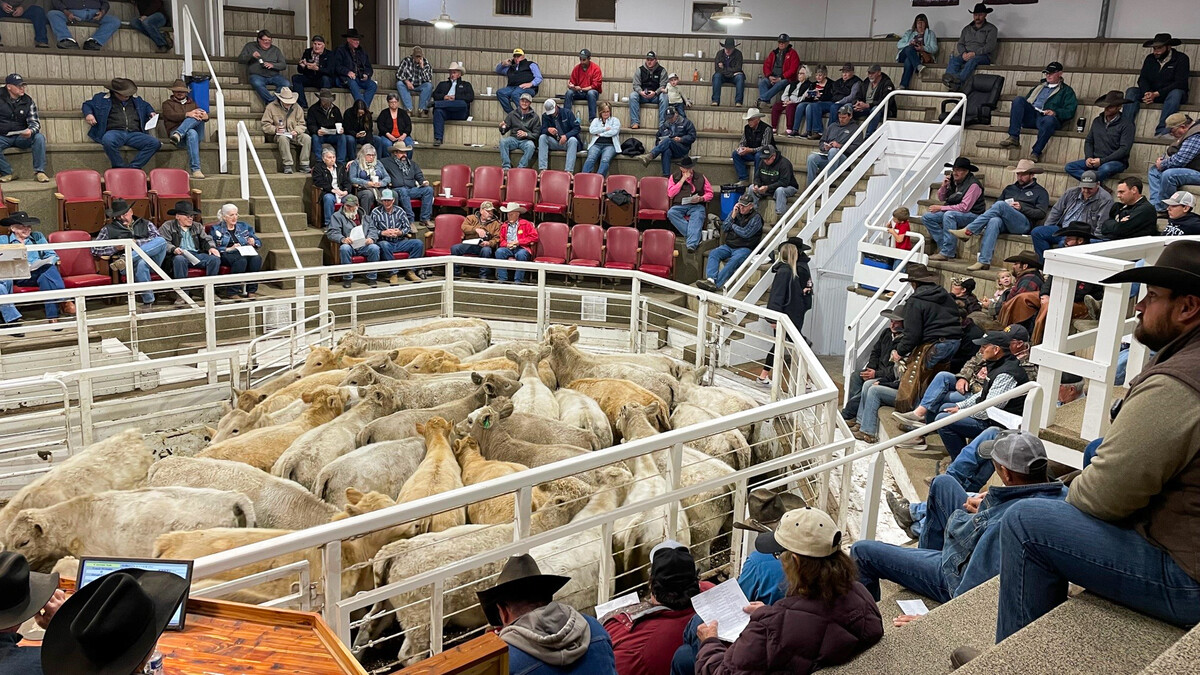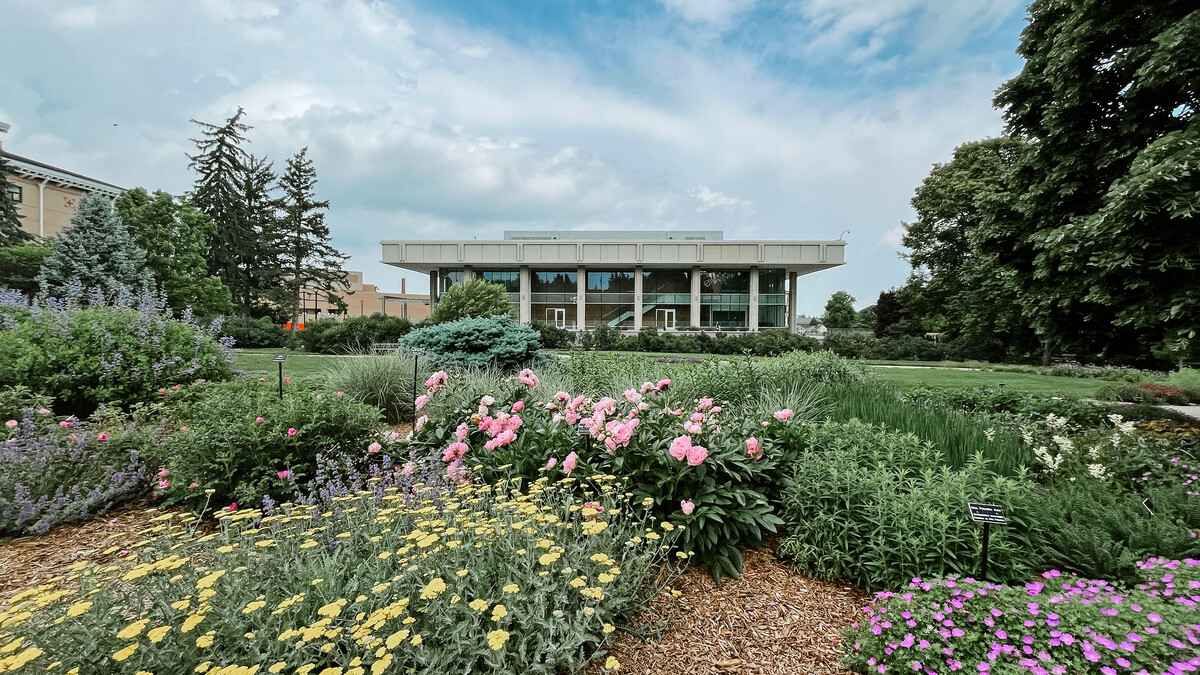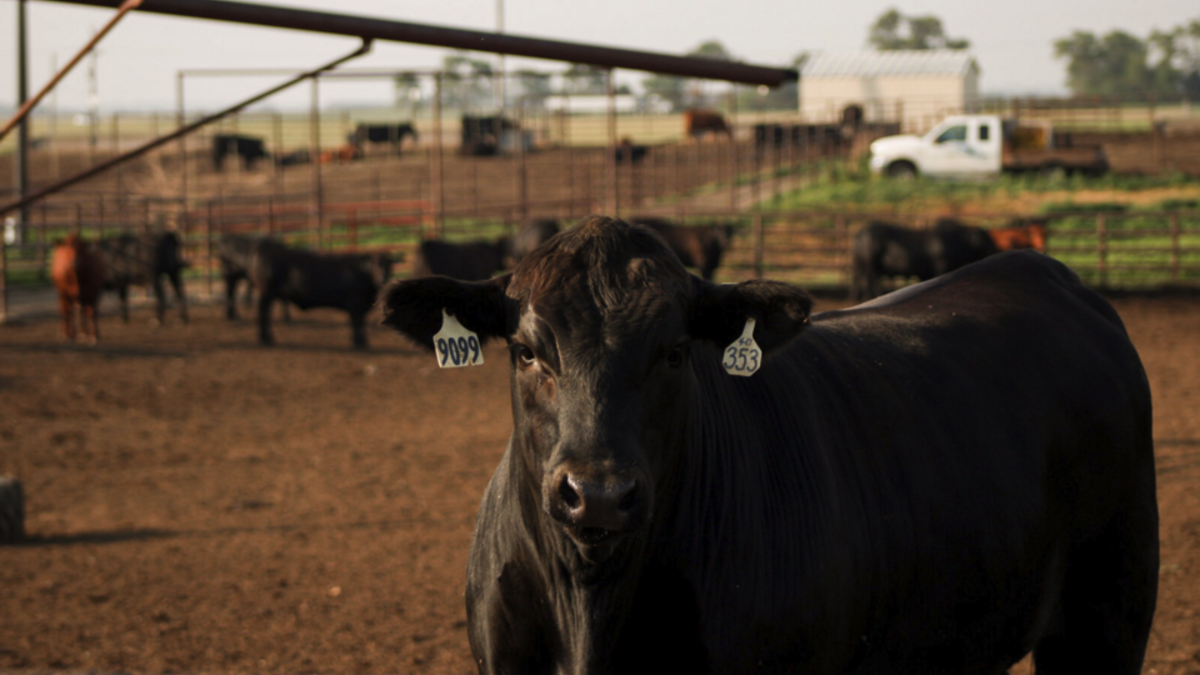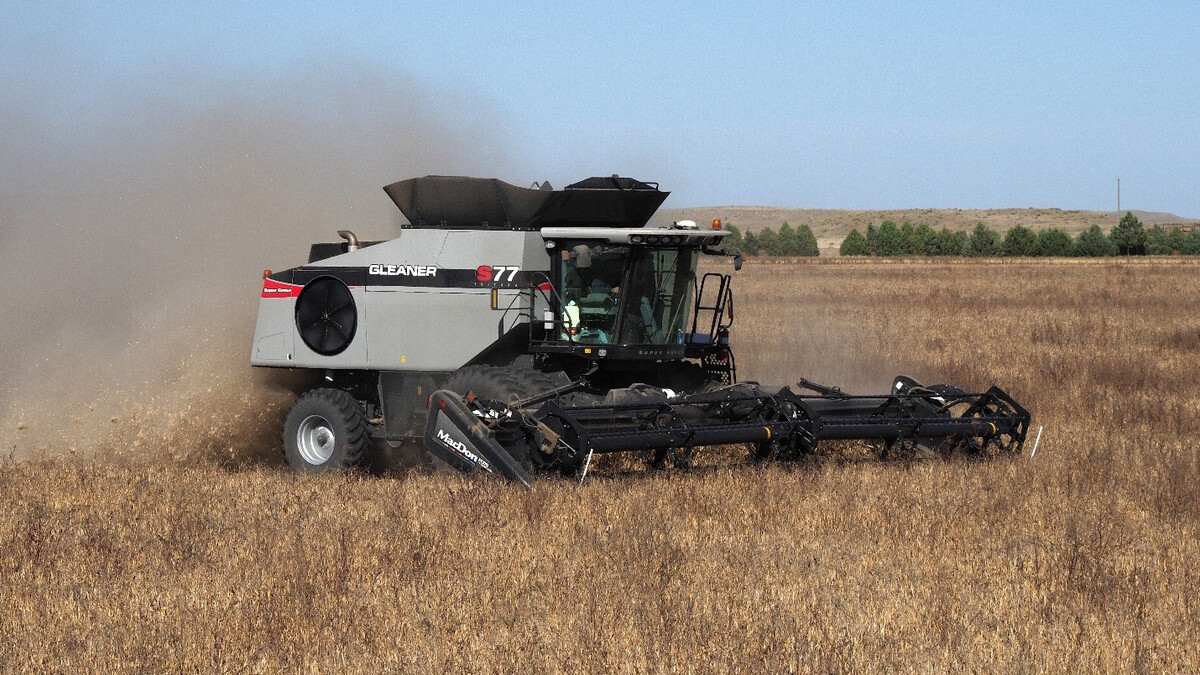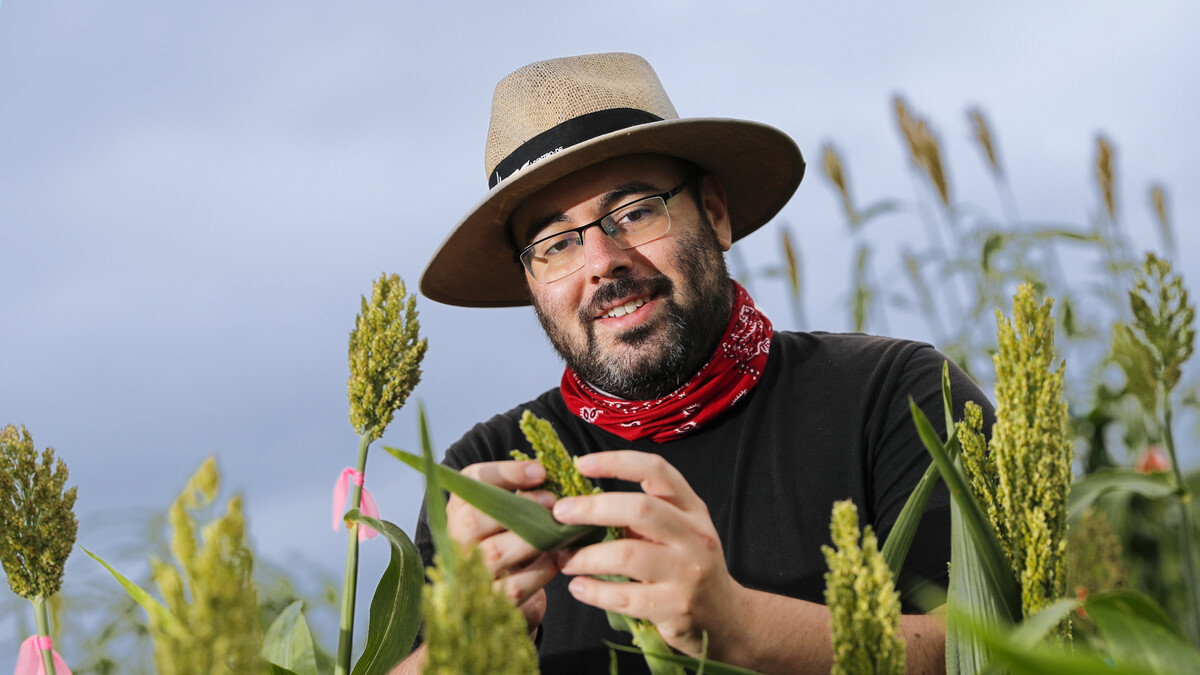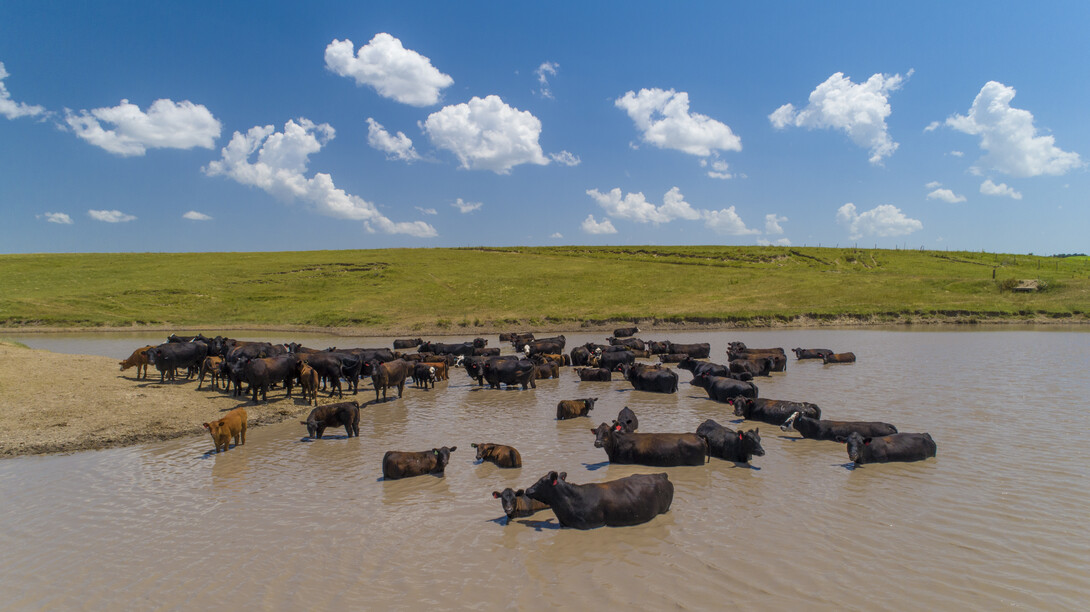
The expanses of land across farms and ranches are wide, but the University of Nebraska–Lincoln’s Bureau of Sociological Research has years of experience gathering perspectives from producers — no matter the geography — helping inform agricultural research, practices, and state and federal policymaking.
Research conducted in partnership with BOSR over the last year explored women in agriculture, grazing, soil health, precision agriculture practices, social networks and grain marketing.
Simanti Banerjee, professor of agricultural economics, has relied on the BOSR team’s expertise for three major research projects she has led (and others she has partnered on). This includes a recent completed survey that sought information from ranchers in Montana, South Dakota and North Dakota about new policies regarding grassland conservation in the Conservation Reserve Program. The research was funded by the U.S. Department of Agriculture’s Farm Service Agency.
“Once published, this is going to be one of the very first studies to look at the Grassland Conservation Reserve Program, because this is a relatively new program under the Conservation Reserve Program,” Banerjee said. “The nuanced information is very valuable, both from a research perspective, but also from a practical contract design perspective for the policymaker.
“In terms of policy, it’s important to know producers’ attitudes toward that policy and preferences for different policy features. Are they willing to make changes to their decisions on their operations? We want to make sure we’re reducing barriers to behavior change for those producers in the context of new policies.”
Banerjee said getting a suitable data set from agricultural producers can be more challenging than surveying the general public and that the survey methodological expertise of BOSR was invaluable. The experiences have also grown her capacity as a researcher.
“They bring their own survey methodological expertise to the table, and they will guide us,” she said. “Their openness to impart that knowledge to us also builds my own capacity and helps me deploy projects in a timely fashion.”
In the 2024-25 project year, BOSR worked with investigators to deploy a variety of modes, reaching four agricultural producer populations:
- American farmers were contacted through email and mailed letters to encourage completion of a web-based activity and survey about the role of information and attitude toward information in grain marketing.
- BOSR collected paper and web survey data through emailed and mailed invitations and telephone call reminders from ranchers about their attitudes toward grazing, soil health and conservation programs.
- BOSR collected paper survey data through mailed invitations to farmers who previously participated in the Conservation Innovation Grant Precision Nitrogen Project about their experiences with that project and attitudes on digital agriculture technologies.
- BOSR collected paper and web survey data through emailed and mailed invitations to Nebraska women agricultural producers about their experiences.
BOSR has been conducting survey research and providing research assistance to faculty, departments, administrative units, students, and various government agencies and nonprofit organizations since 1964. Operating as a "one-stop research shop," BOSR develops and manages mail, web, telephone, in-person and mixed-mode surveys with academic rigor. Contact bosr@unl.edu for one's research needs.
